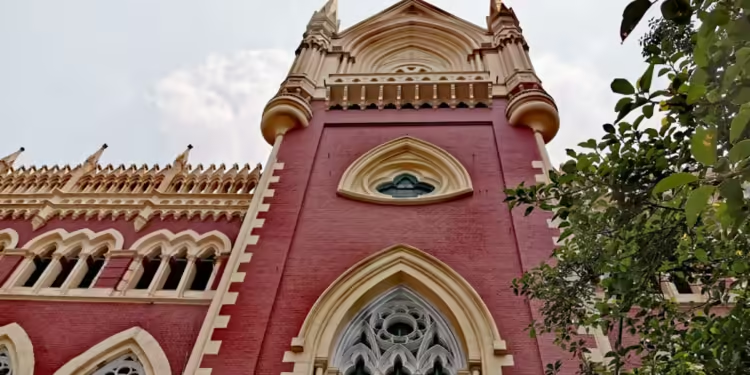The Calcutta High Court recently addressed whether a design registered in India under the Designs Act of 2000 could be canceled on the grounds that a similar design was already registered in a foreign country [Paresh Ajitkumar Kapoor vs Controller of Patents and Designs].
Justice Ravi Krishan Kapur stated that merely registering a design abroad does not automatically justify canceling its registration in India.
The primary ground for canceling a registered design is “prior publication,” meaning the design must have been described in a publication before the application for registration was filed. Such prior publication would negate the design’s novelty, disqualifying it from intellectual property protection.
The Court emphasized that prior publication must be substantiated with solid evidence, and the mere registration of a design abroad is insufficient for cancellation in India.
“Prior publication cannot be concluded on the basis of guesswork, surmises, and conjectures. Registration in a foreign country per se is not a ground for cancellation of a design registered in India. An application under section 19(1)(b) of the Act for cancellation of registration in India can only be justified on the ground of prior publication,” the Court stated in its May 24 judgment.
The case involved an appeal against an order by the Deputy Controller of Patents and Designs on April 12, 2023, which canceled an air-cooler design registered in India. The cancellation was based on a claim by Ningbo Chenwu Humidifying Equipment Factory, a Chinese company, that it had registered similar designs in China before the Indian registration.
The High Court overturned the Deputy Controller’s decision, noting that the authority did not adequately address the issue of prior publication. The Deputy Controller had relied on a Certificate of Registration and a snapshot from the China National Intellectual Property Authority (CNIPA) website without verifying the authenticity or admissibility of this evidence.
“The Deputy Controller failed to consider the authenticity or admissibility of such evidence and verify the same. Merely showing such designs on a foreign unverified website does not amount to prior publication,” the Court observed.
The Court underscored that there must be concrete evidence showing the design was made available to the public.
“The impugned order has been passed without any consideration of this aspect of the matter … The power to cancel a registered design is a draconian power and ought not to be exercised in a casual and cavalier manner,” the Court added.
The Chinese company claimed its design was filed in 2009 and registered in 2010. However, the Court found the company could not adequately prove that its design was published in 2010.
To constitute prior publication, an image or design must be published in a manner that allows someone with ordinary knowledge of the subject to understand and apply the design. The publication must be in a tangible form, and if in the form of photographs, they must clearly depict the design’s application.
“If the illustrations or the dimensions, shapes, and patterns are not clear from the pictures provided as evidence, the same does not destroy novelty. The six-view pictures brought on record were unverified and legally inadmissible. No proof had been furnished to show that the translations provided by the Chinese company were true or correct,” the Court added.
The Court set aside the Deputy Controller’s decision and remanded the dispute for a fresh decision.
Senior Advocates Jishnu Saha and Harshit Tolia, assisted by advocates Shuvasish Sengupta, Balarko Sen, Suvradal Choudhury, and Biren Panchal, represented the appellant. Senior Advocate Ranjan Bachawat, assisted by advocates D Ghosh, V Dutta, S Dasgupta, and D Chadha, represented the Chinese company.

















